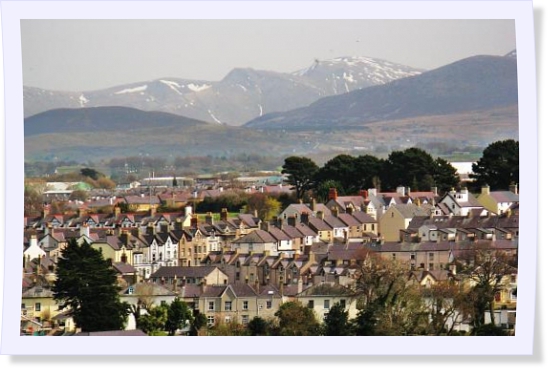Wales and Scotland in European Travel Writing
A day-conference jointly organized by two AHRC-funded projects:
‘European Travellers to Wales’ and ‘Curious Travellers: Thomas Pennant and the Welsh and Scottish Tour 1760-1820’
National Library of Wales, Aberystwyth: Saturday 16 April 2016
Le Pays de Galles ressemble entièrement à la Suisse
J-J Rousseau

A one-day conference looking at perceptions of Wales and Scotland in a century’s worth of travel-writing from Continental Europe and Ireland. What attracted travellers from France, Germany, Switzerland, and the Low Countries to venture to the Celtic peripheries? How aware are writers of the cultural differences within the United Kingdom? What sources and literary influences inspire them, and shape their experience?
Programme
Session One: Thomas Pennant Abroad
- Welcome by the organisers
- Mary-Ann Constantine (CAWCS): ‘Continental Pennant: the 1765 Tour’.
- Heather Williams (CAWCS): ‘Faire des livres avec des livres’: French travel writers on Wales read Pennant and others’.
- Carol Tully (Bangor): ‘The Reception of Thomas Pennant in the German-speaking Lands: Facts, Fictions and the Celtic Nations’.
Session Two: Views of Scotland
- Richard Allen (University of South Wales): ‘”To write so as to be understood by Nobody”: the secret life of an eighteenth-century lawyer and his tour of lowland Scotland in 1773’.
- Pawel Hamera (Kraków): ‘Nineteenth-century Scotland as seen by a Pole: Krystyn Lach-Szyrma and his Anglia I Szkocya.’
Session Three: Wales and Scotland from Ireland
- Finola O’Kane (University College Dublin): ‘Scottish Highlanders in the Irish ‘Highlands’: Scotland’s role in forming the Counter-revolutionary tourism of post 1798-Ireland’.
- Elizabeth Edwards (CAWCS): ‘Irish in Wales: crosscurrents of travel and correspondence for the Ladies of Llangollen’.
Session Four: Notions of the Celtic in Continental Culture
- Richard Tholoniat (Université du Maine, Le Mans): ‘Welsh Identity and French Passions (1814-1914)’.
- Nigel Leask (Glasgow): A response to the day's papers.